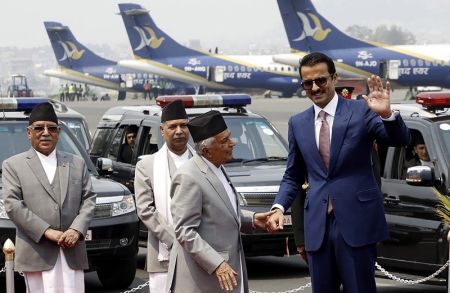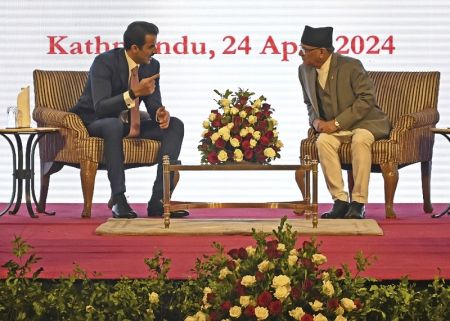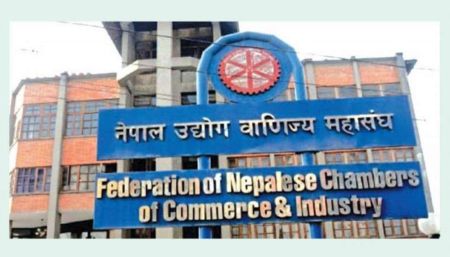October 11: The Supreme Court (SC) has ruled that the money for which source cannot be disclosed would be considered as laundered money. The verdict was issued by the full bench of the apex court about a year ago but the full text was published in Nepal’s law journal on Tuesday.
Earlier, a joint bench of SC justices had issued a verdict that only the monies proven to have been earned through illegal means would be considered money laundering. However, the full bench of justices overturned the verdict and ruled that any money lacking source of income would be considered money laundering.
On July 10, 2013, the joint bench of SC justices had set a precedent saying that the money held by Sunil Jaiswal and others cannot be considered money laundering unless it was proven that the money was earned through illegal means.
However, the full bench of justices Jagdish Sharma Poudel, Meera Khadka and Dr Anand Mohan Bhattarai overturned the precedent and ruled that the money held Madhav Kumar Bhagat and Ashok Kumar Kar accounted to money laundering as they were unable to show the source of income.
Section 28 of the Money Laundering Act, 2064 states that the accused must show the source of income if their property is not in proportion to their income or financial status, if they maintain a high standard of life and donates more than one’s capacity. If the accused fail to show the source of income then the money will be considered as money laundering.
The defendant Bhagat had claimed that the money he had belonged to Indian nationals but failed to establish his claims. Police had confiscated Rs 1.8 million from the accused.





















